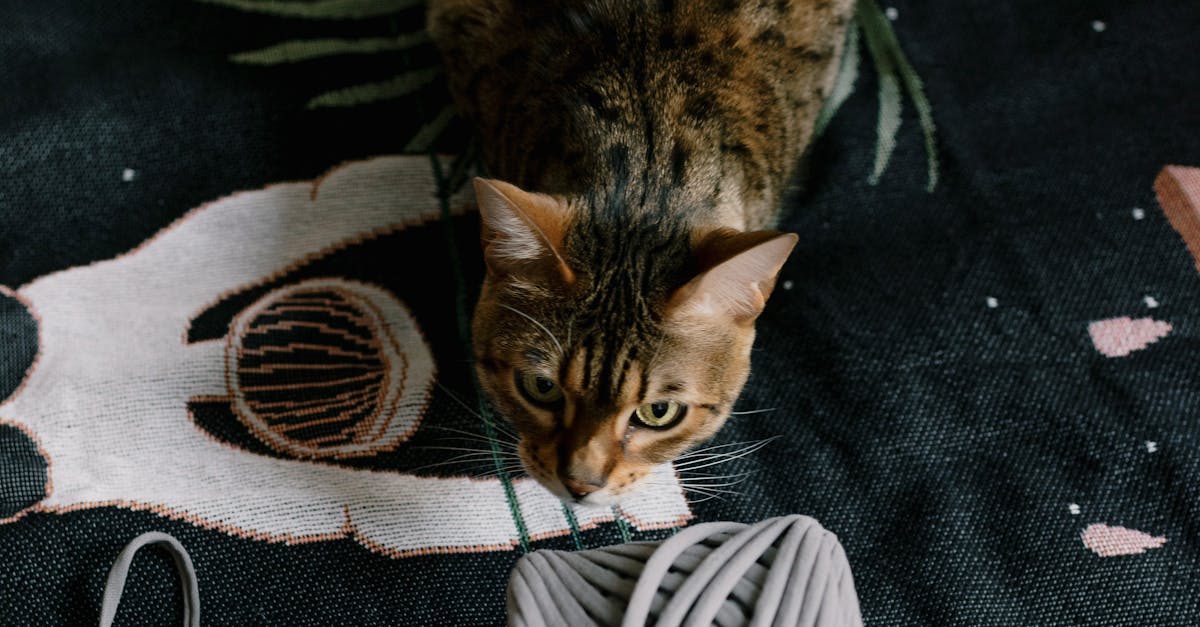
pproach to ensuring a healthier living space while simultaneously enhancing overall comfort.Growing awareness of environmental concerns has significantly influenced consumer choices in recent years. Many homeowners and businesses are increasingly prioritising energy-efficient solutions to lower utility costs and reduce their carbon footprints. This shift has led to a greater emphasis on insulation products that provide superior thermal performance, with foam board insulation standing out for its effectiveness and versatility.
Extended Lifespan of HVAC SystemsAs government regulations around energy efficiency tighten, consumers often seek solutions that not only comply with these standards but also enhance the overall comfort and value of their properties. Foam board insulation has gained traction due to its ability to meet or exceed these evolving requirements. Its lightweight nature and ease of installation have made it an attractive option for consumers looking to maximise energy savings in both new builds and retrofitting projects.
Proper insulation plays a crucial role in maintaining a consistent indoor temperature. By minimising heat loss in winter and heat gain in summer, insulation allows HVAC systems to operate more efficiently. This reduces their workload, leading to less frequent cycling and lower energy consumption over time.Foam Board Insulation Applications
As the workload on HVAC units lessens, the components endure less strain. This contributes to a decrease in wear and tear, which in turn can extend the system's operational lifespan. Consequently, homeowners may benefit from fewer breakdowns and a more reliable heating and cooling solution.Foam board insulation is utilised across a variety of sectors due to its excellent thermal performance and lightweight properties. In residential construction, it is often installed in walls, roofs, and floors to enhance energy efficiency. Its ability to provide a high R-value per inch makes it ideal for new builds and renovations alike. Homeowners frequently opt for foam board insulation to reduce heating and cooling costs, thereby achieving a more comfortable living environment.
Lower Maintenance and Repair CostsIn commercial settings, foam board insulation is employed in flat roofs, exterior walls, and basement slabs. The material allows for quick installation and offers significant insulation benefits, making it a preferred choice among builders and architects. Additionally, various foam board products are tai
Related Links
Review of the Best Home Insulation MaterialsHistorical Overview of Home Insulation Techniques
Roundup of Top Home Insulation Installers in Your Area
Why You Should Invest in Home Insulation
Why Home Insulation is Vital for Environmental Impact Reduction
What to Consider for Increased Property Value with Insulation
What to Know About Enhanced Comfort Levels with Insulation